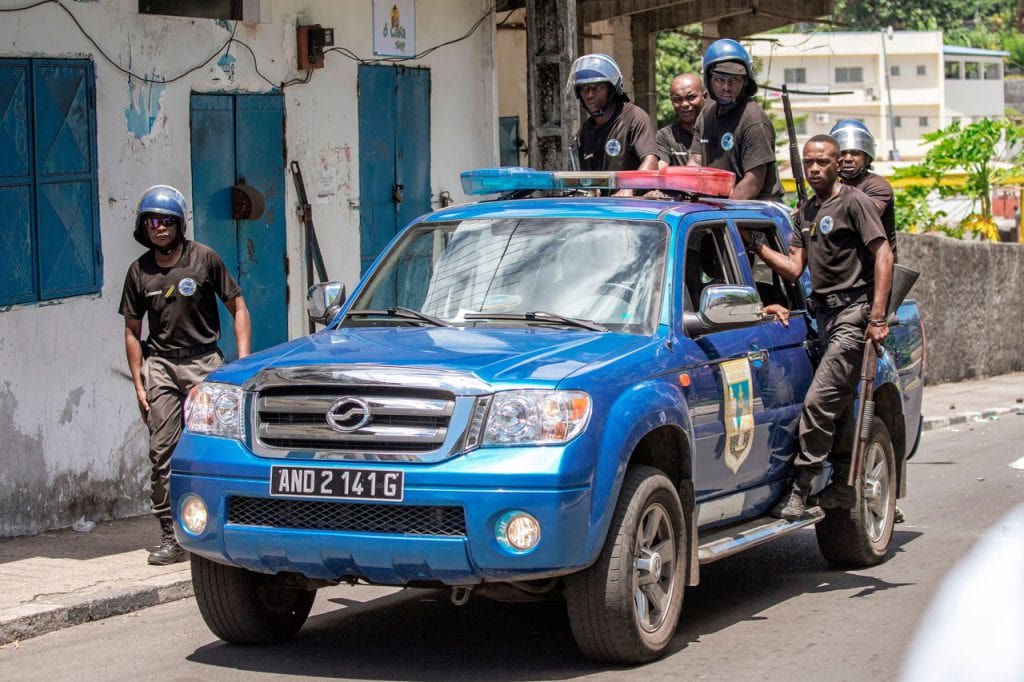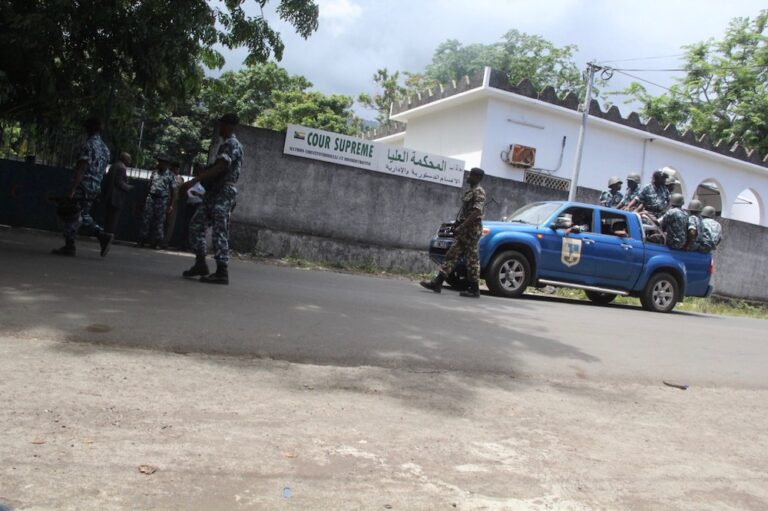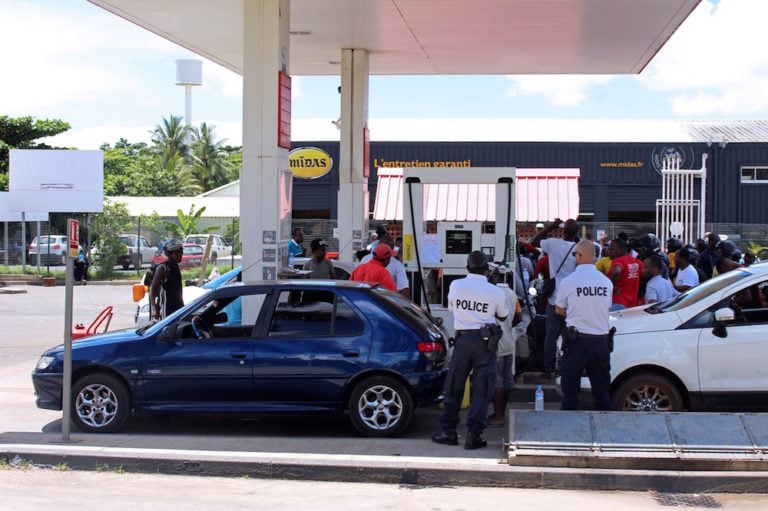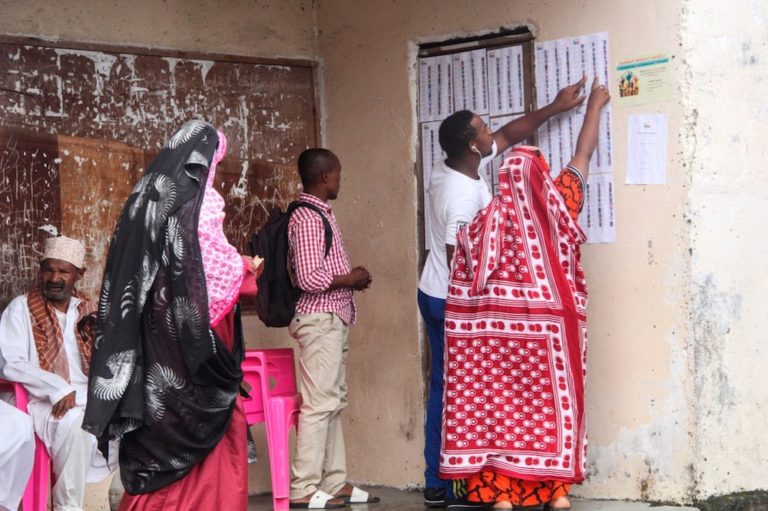Journalists in the Comoros are being censored and intimidated amid a continuing political crisis in the wake of the country's presidential election on 24 March.
This statement was originally published on rsf.org on 3 April 2019.
Reporters Without Borders (RSF) calls on the authorities in the Indian Ocean archipelago of Comoros to stop censoring and intimidating journalists amid a continuing political crisis in the wake of the country’s presidential election on 24 March.
In an unprecedented press boycott, Comorian journalists have announced that they will not cover the government’s activities for the next two weeks because of “the many attacks on journalists and media outlets” whereas President Azali Assoumani’s reelection is being challenged by the opposition candidates, who have formed a National Transition Council (CNT).
Masiwa Komor editor Toufé Maecha was detained arbitrarily for several hours when he went to the gendarmerie’s headquarters in the capital, Moroni, on 30 March to seek information. The gendarmes accused him of spying for the opposition and sullying the country’s institution. Maecha told RSF that the gendarmes forced him to undress while they interrogated him, and that they threatened to arrest him again if published anything about the way he had been treated while held.
Besides, five issues of three different newspapers have been censored by the authorities in the past week. The 28 March issue of La Gazette des Comores, whose front page headline said “Opposition 12 proclaim National Transition Council,” was prevented from reaching the newsstands. On the evening of 31 March, the security forces intervened again to prevent La Gazette des Comores and two other dailies, Masiwa Komor and Al Fadjr, from being distributed. They were all carrying reports about Maecha’s mistreatment.
Several newspaper editors were summoned to a meeting with the interior minister on 1 April. “He told us that he would continue this policy for as long as the newspapers continued to jeopardize national security by publishing lies,” one of the editors told RSF.
“What with censoring, arresting and intimidating, the behaviour of the authorities towards journalists is both unacceptable and irresponsible,” said Arnaud Froger, the head of RSF’s Africa desk. “Violating the freedom to inform in a crisis is the best way to amplify the crisis. Journalists are neither responsible for the crisis nor its protagonists. They are just there to do their job to cover events, which is more necessary than ever. Every democratic state has a duty to ensure that they can work freely, not to target them and turn them into public enemies.”
RSF has repeatedly tried reaching the interior minister and the National Press and Broadcasting Council for an explanation, but without success.
Comoros is ranked 49th out of 180 countries in RSF’s 2018 World Press Freedom Index.



